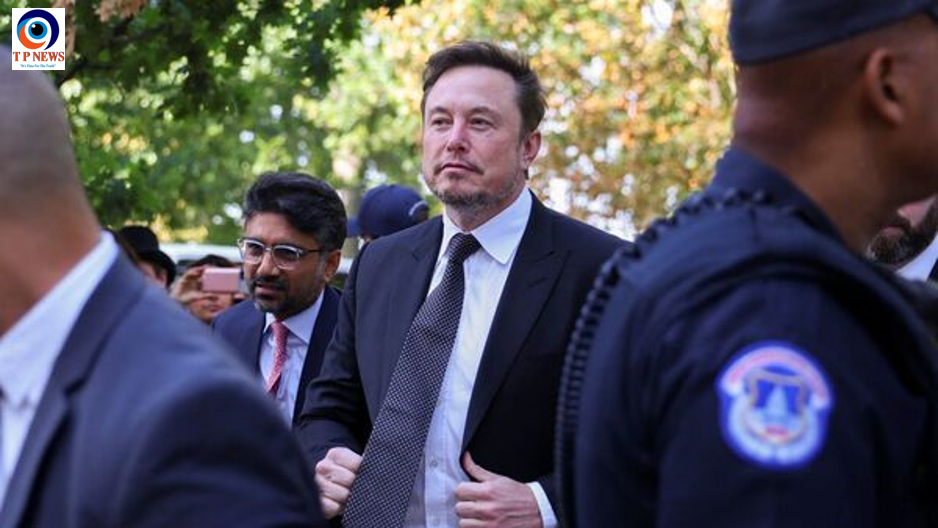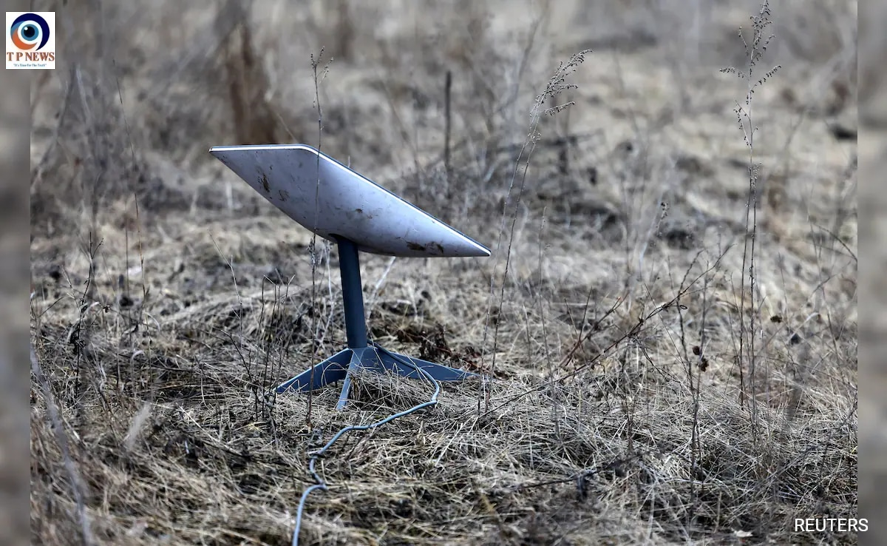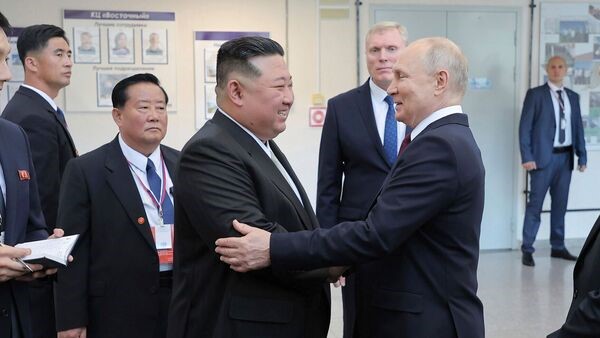Prime Minister Narendra Modi is set for a pivotal three-day visit to Moscow and Vienna, focusing on the Ukraine war, green fuel, and clean energy. During his visit, PM Modi will engage in private dinners with Russian President Vladimir Putin on July 8 and Austrian Chancellor Karl Nehammer the following day, aiming to bolster India’s energy security and acquire green technologies from both nations.
The visit to Moscow is particularly significant as India seeks to strengthen its energy ties with Russia amidst Europe’s procurement of energy supplies from West Asia at higher prices due to the Ukraine conflict. PM Modi will also explore alternative routes, including the Arctic, for evacuating energy from Russia and consider increased investment in the Russian energy sector.
PM Modi will be physically conferred with the Order of St. Andrew the Apostle the First-Called, the highest state decoration by the Russian Federation. The key discussion between Modi and Putin will center on the ongoing Ukraine war, which continues to destabilize global markets and security. Armed with insights from the recent G-7 summit in Italy, PM Modi will urge President Putin to return to the negotiating table, emphasizing the futility of prolonging the conflict.
Additionally, Modi will discuss halting the recruitment of Indians to fight in the Ukraine war and seek to enhance cooperation with Russia in space and nuclear energy. India aims to activate Kudankulam Reactors III and IV with Russian assistance in the next two years and commence work on Reactors V and VI. Further cooperation on India’s Gaganyaan space mission and the future establishment of a space station will also be on the agenda.
Following his engagements in Moscow, PM Modi will travel to Vienna for a private dialogue with Austrian Chancellor Karl Nehammer on July 9. This marks the first visit by an Indian PM to Vienna since 1983, highlighting Austria’s historical ties with India, including contributions by Indologist Joseph Tieffenhaler.
The Ukraine war will also be a key topic of discussion in Vienna, with both India and Austria positioned to play a role in resolving the conflict, which has significant economic implications for the Global South. Austria’s expertise in clean and green technologies, such as converting used cooking oil into green fuel, will be a focal point of the visit. Austrian companies are notably involved in Indian infrastructure projects, including tunneling through challenging terrains in northern India.
Overall, PM Modi’s visit to Russia and Austria will address critical issues of energy security, the Ukraine conflict, and the advancement of green technologies, reflecting India’s strategic priorities on the global stage.











